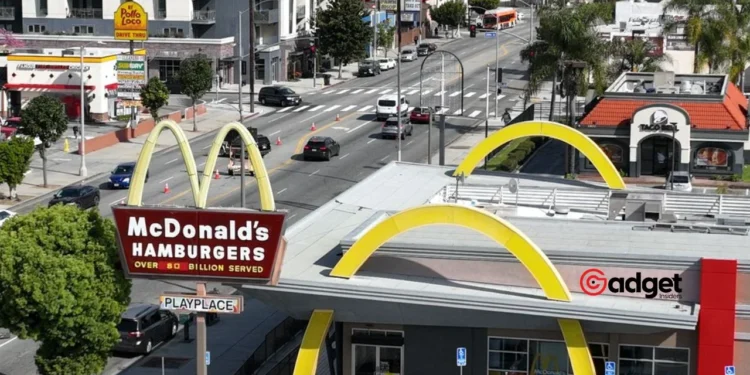The ongoing tug-of-war between restaurant owners and workers over minimum wage is now taking center stage on the national political theater, as voters in several states prepare to weigh in on whether restaurant servers should be guaranteed a base pay irrespective of their tips. This simmering issue represents a critical junction for an industry already grappling with inflationary pressures and a consumer base tightening their belts.
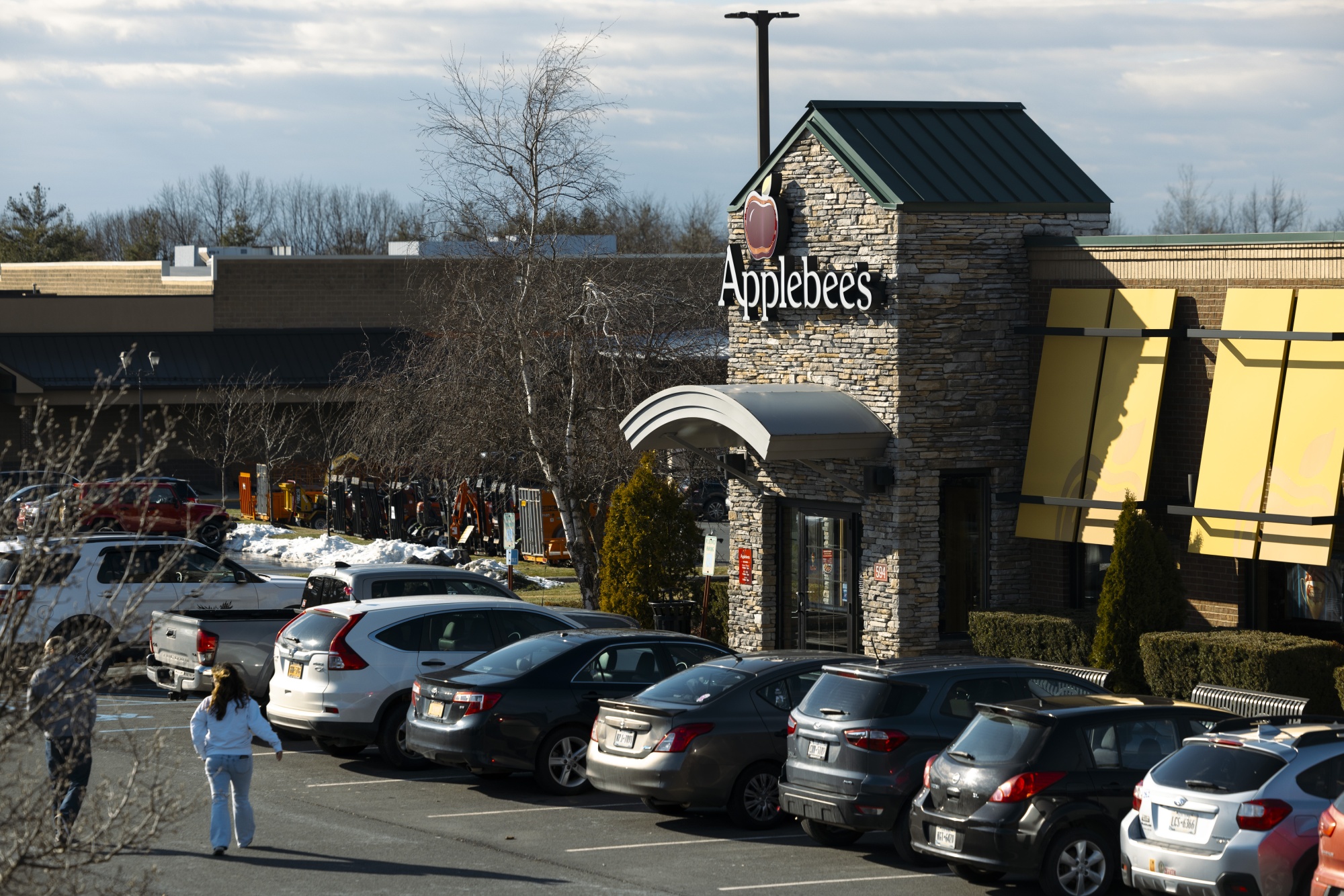
The National Spotlight on Wage Reforms
The crux of the debate centers around the so-called “tip credit” system, where workers are paid a base rate — as low as $2.13 per hour — with the expectation that tips will supplement their income to reach at least the minimum wage. However, a shift is on the horizon. States like Ohio, Arizona, Michigan, and Massachusetts are set to bring this issue directly to voters in November, inspired by successful reforms in places like Washington, DC.
In an exclusive interview with Bloomberg, Michelle Korsmo, CEO of the National Restaurant Association, voiced the industry’s concerns.
“The important thing for us is to get out early and say that this business model… allows for them to keep prices on the menus lower and provide a really well-paying job,” Korsmo explained. Yet, as the cost of living continues to climb, the debate intensifies over whether the reliance on tips should still be a viable payment model in the hospitality sector.
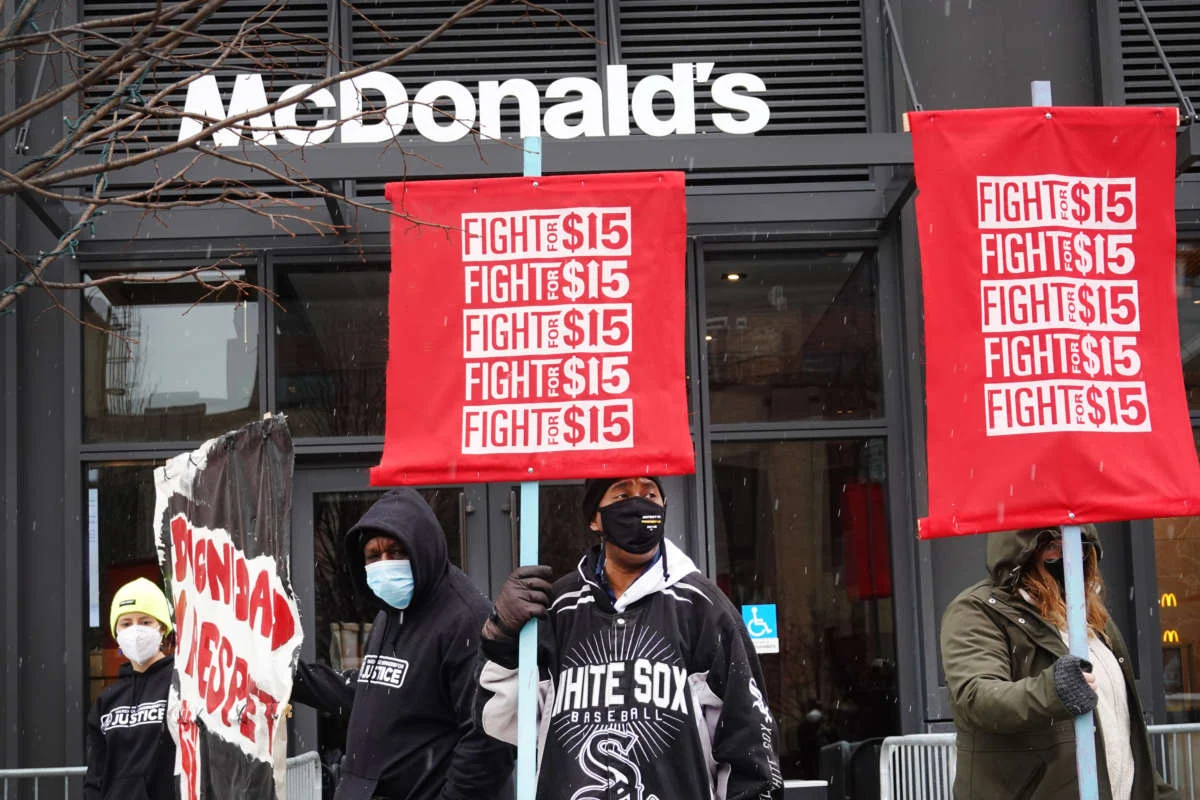
The Ripple Effects of Changing Wage Laws
The implications of abolishing the tip credit extend beyond just higher wages for servers. Restaurants, especially sit-down chains like Olive Garden and Applebee’s, warn of escalating menu prices that could alienate cost-conscious diners. The broader economic repercussions could be severe, with Bloomberg Economics projecting as many as 90,000 job losses in California alone following similar wage adjustments.
Yet, proponents of the wage reform argue that the current system leaves too much at stake for workers, subject to the unpredictability of tipping practices and customer biases. “You are vulnerable to the fluctuations of weather, customer preference, customer biases,” said Saru Jayaraman, president of One Fair Wage. This group champions the cause for consistent, livable wages free from the instability of tips.
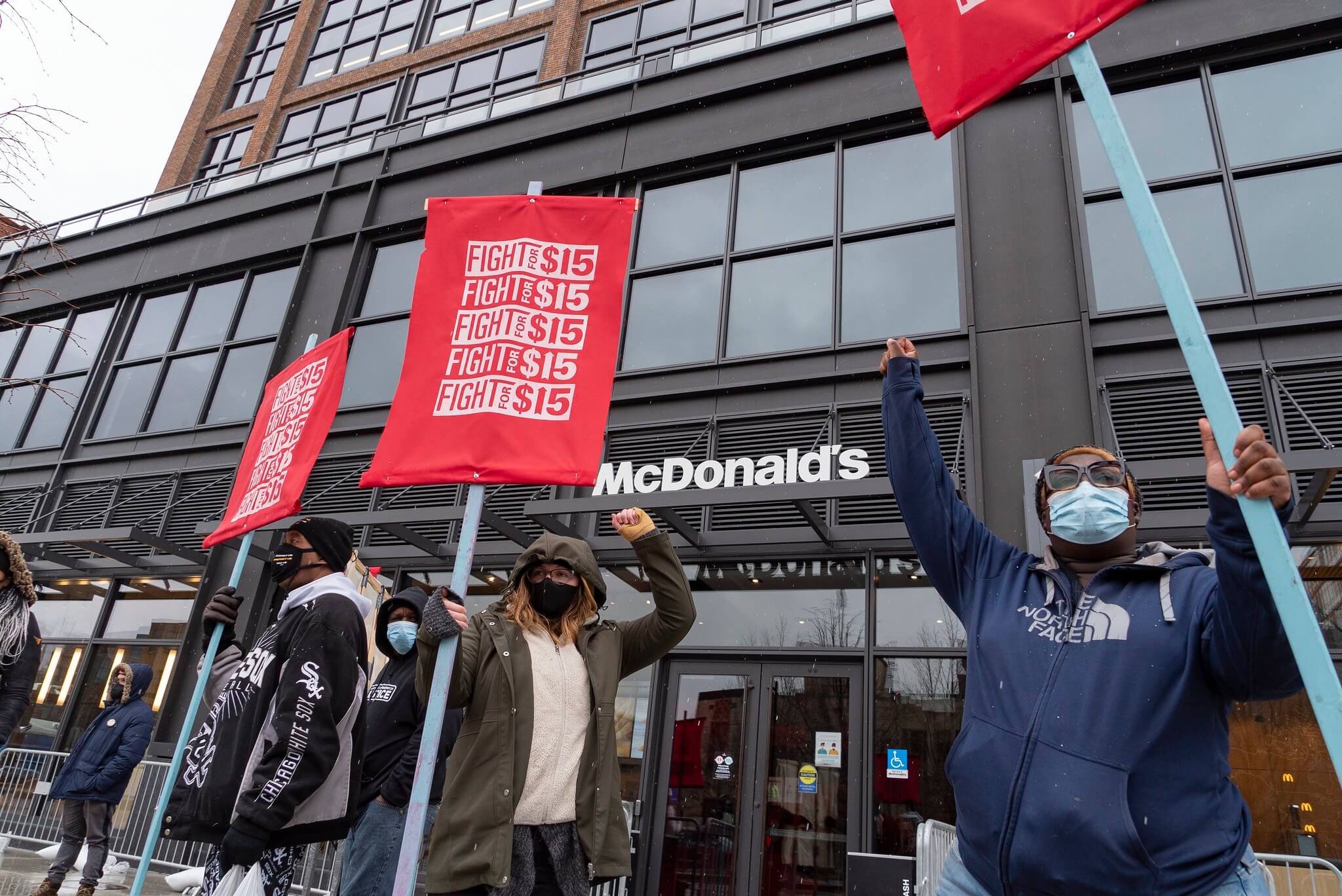
Voices from the Field
The narrative is not just about numbers and policies; it’s deeply personal for the millions working in the industry. In lawsuits and public statements, workers have pointed out the darker side of tip reliance, including incidents of harassment and discrimination that are exacerbated when income depends heavily on customer whims.
In regions like Washington, DC, and soon Chicago, the shift away from tip credits is already reshaping the landscape. Restaurants are pondering operational changes, like reduced hours and strategic closures, to offset potential financial strains. “Restaurants will need to really get out there early and explain the issue with clarity so that the citizens that are going to the ballot understand what they’re voting on,” Korsmo emphasized.
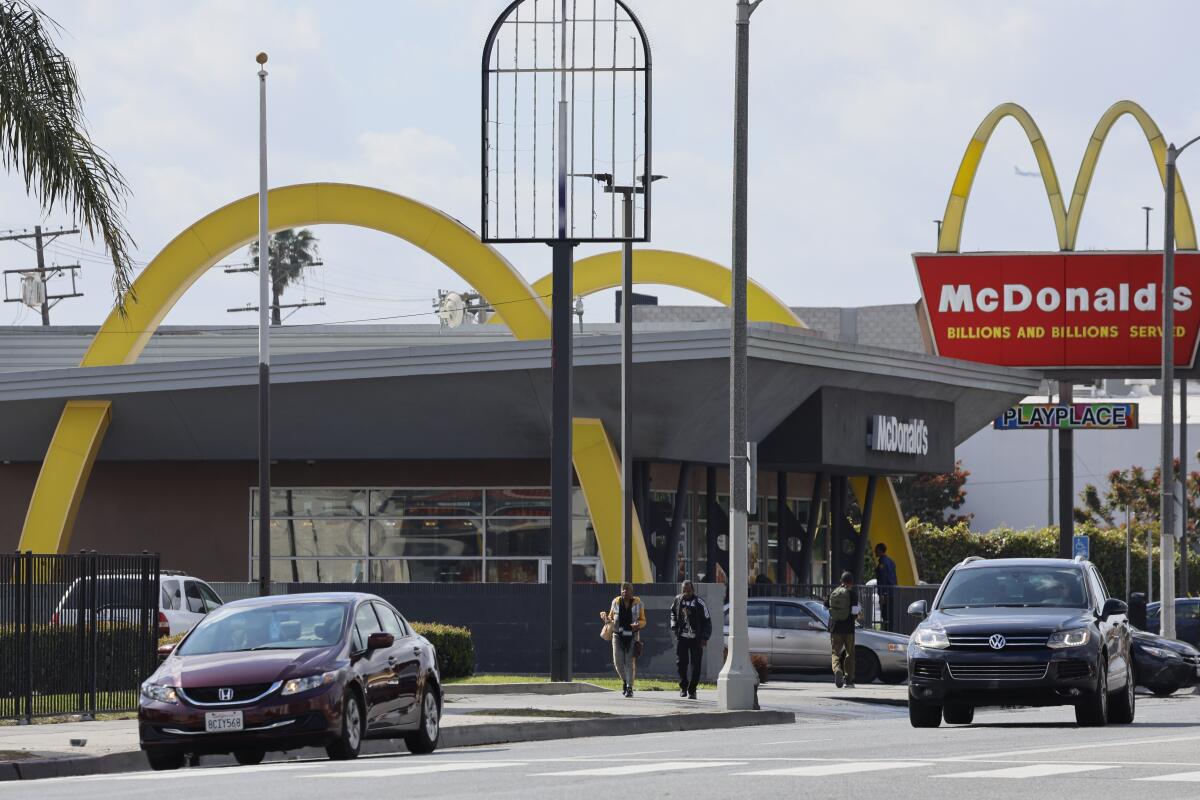
Dining Dilemma: Fair Pay for Restaurant Workers
As the November ballots approach, the restaurant industry stands at a crossroads. Will voters favor a new economic model that promises greater income stability for workers, or will the traditional tip-dependent system prevail? The answer could redefine the future of dining out in America, balancing the scales between fair wages and business viability in an industry that serves as both a cultural staple and economic powerhouse.

